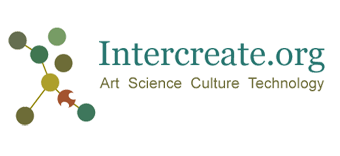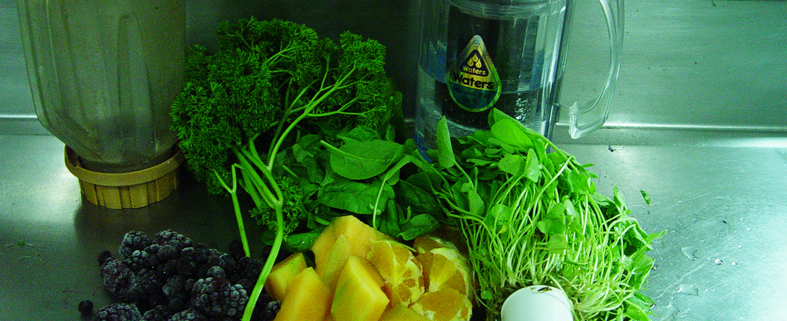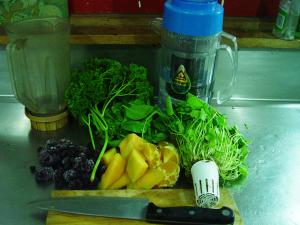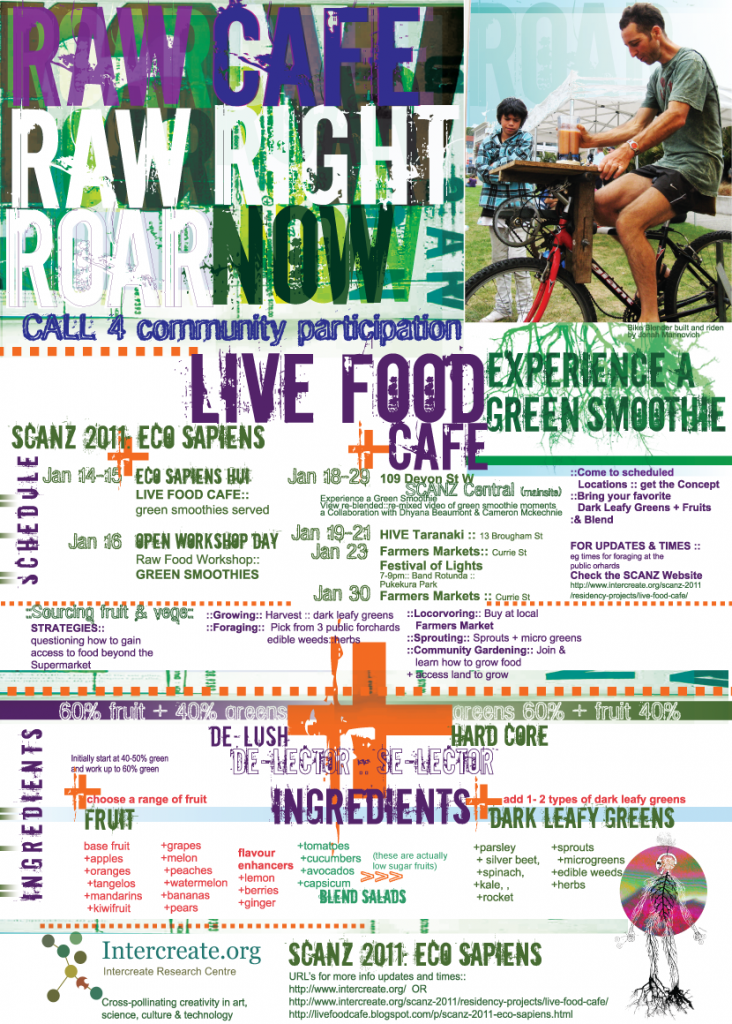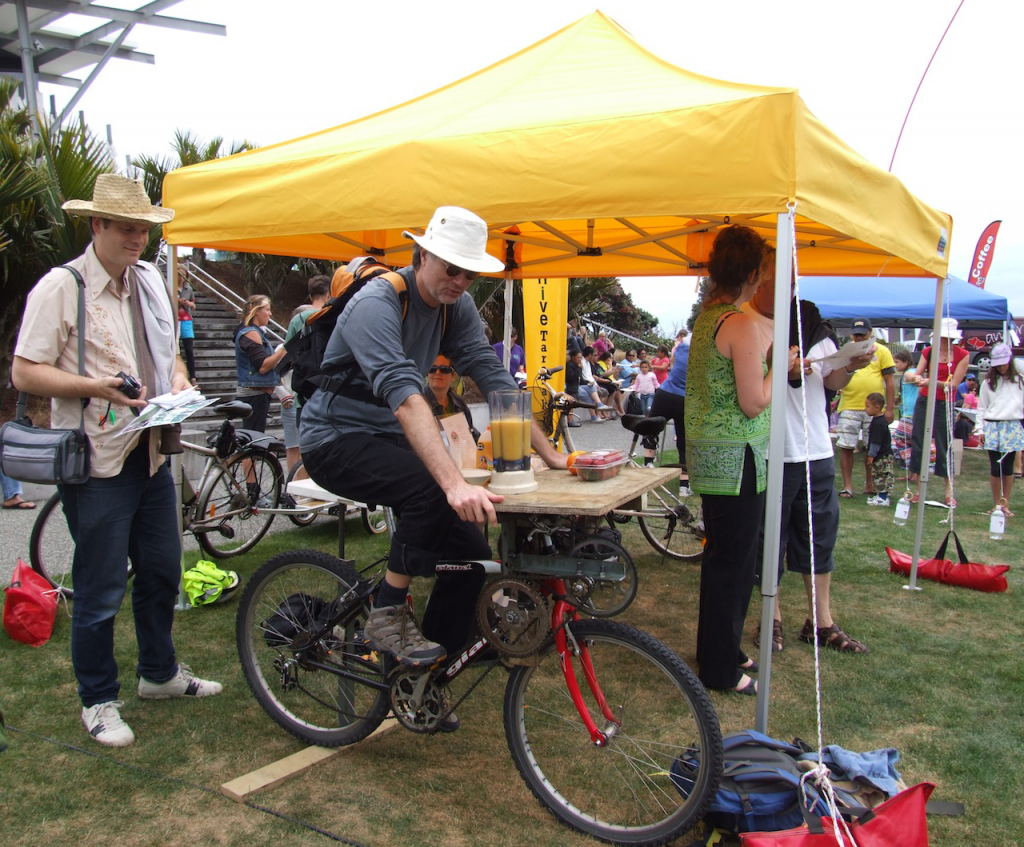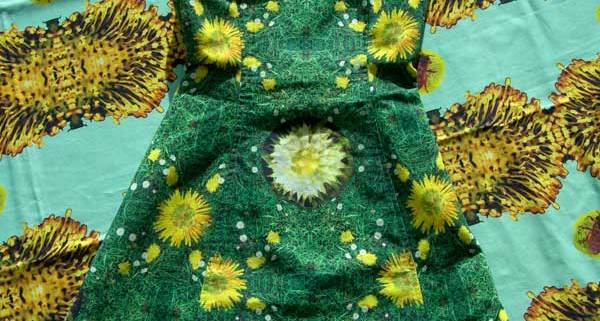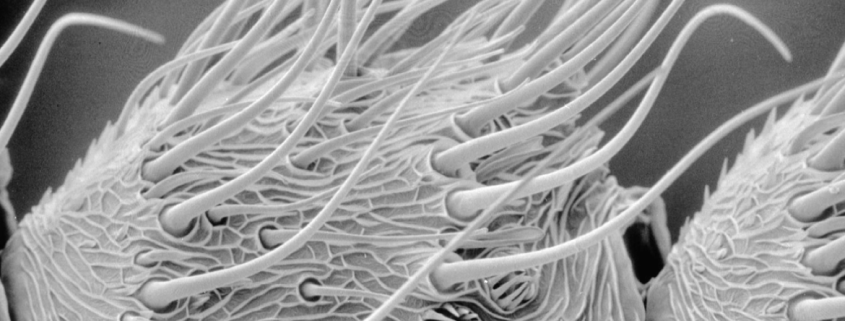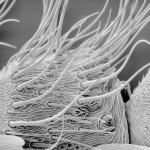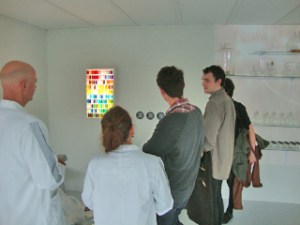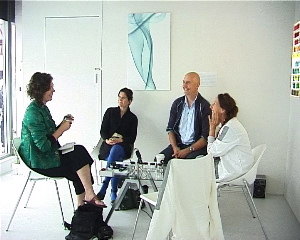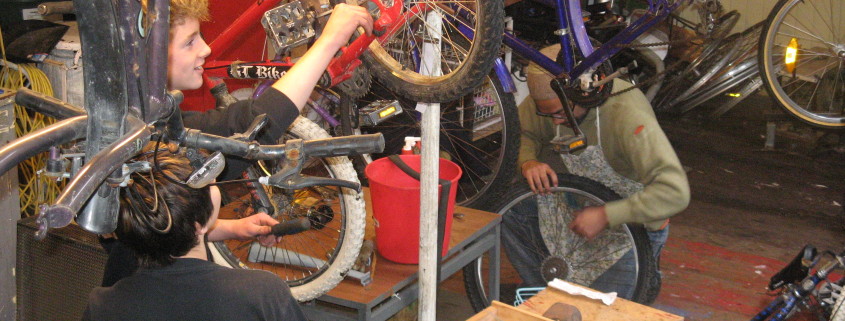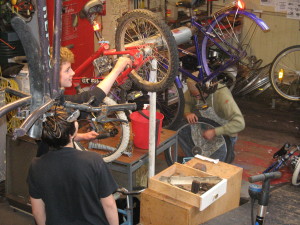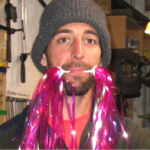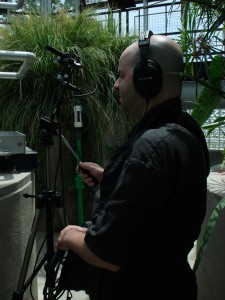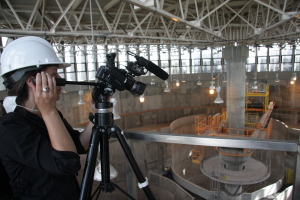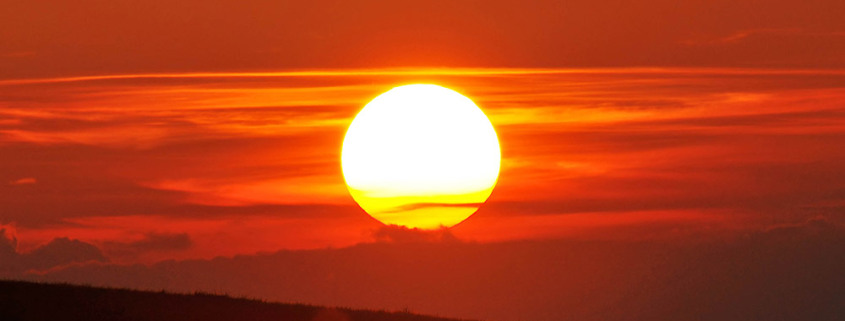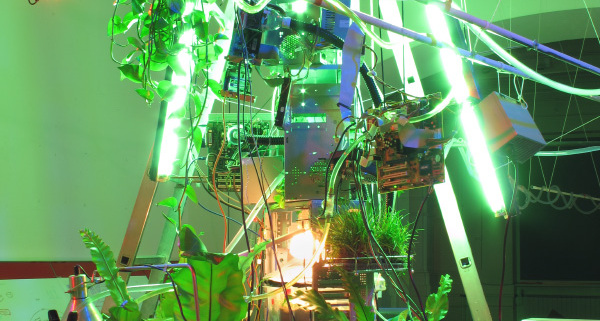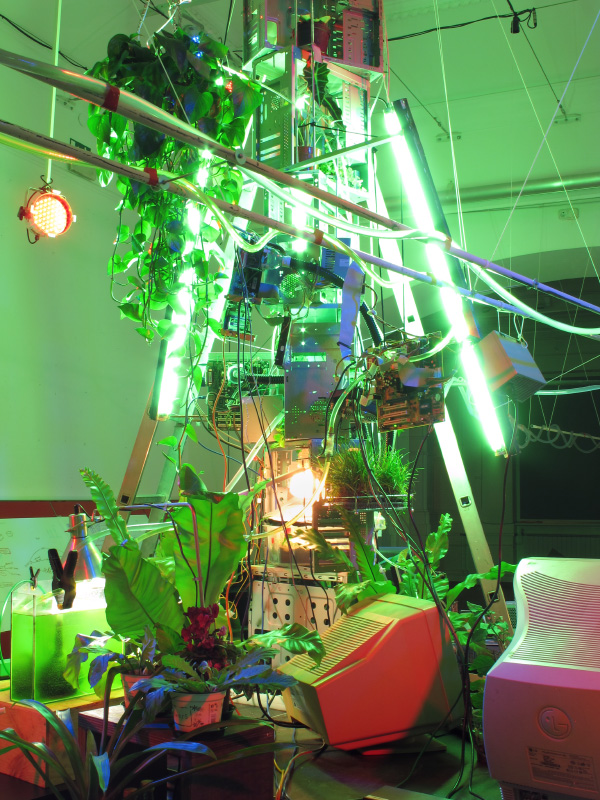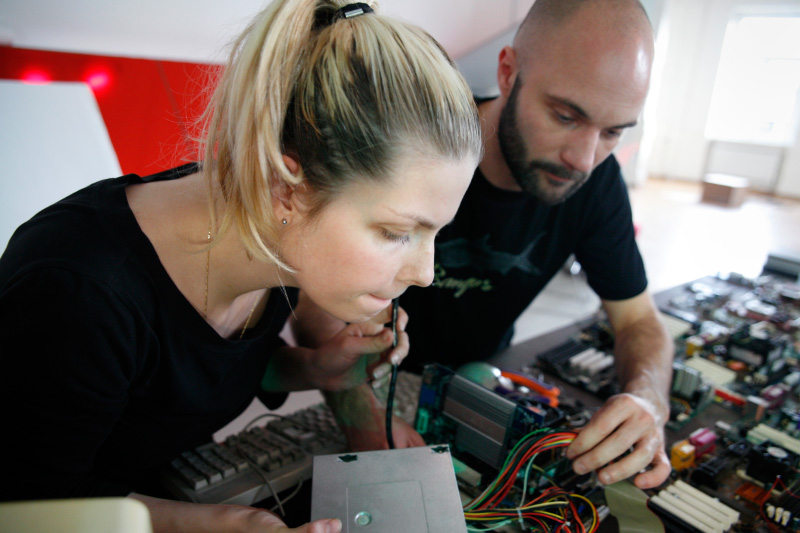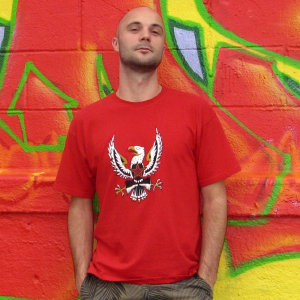Live Food Café – Dhyana Beaumont
Using bike pedal-powered smoothie blenders and various food-foraging expeditions, Dhyana creates a connecting device between the power of fresh nutrient-rich food, and the pragmatic politics of finding or growing sources of fresh food today. Expeditions to/from the local farmers markets, community gardens, enviroschools efforts and other local growing spots will be explored, as well as trips to seek out other local food sources, such as several council-tended gardens which are specifically grown to be foraged.
You are invited to participate:
Please keep an eye on this project page if you would be interested to join in with Dhyana project and either make yourself a bike blender, come for some biking excursions, or simply try out her best recipes. Below are some of the current opportunities where Dhyana will be out and about with her smoothies and bikes.
Participate as part of the Festival of Lights
23 January, 7-9pm – Band Rotunda
If you see a glowing bike blender it is Dhyana Beaumont and her fabulous green smoothies! Say hello and check out what green smoothies are and what the taste sensation is like. You might find your kids love vegetables after all.
109 Devon St W- (SCANZ Central)
18-29 January
Make a green smoothie on a bike blender, view re-blended :: remixed video moments of previous LIVE FOOD CAFE ventures. Check back for times for group foraging to the public orchards, times may vary according to need. If you have an idea to discuss or are interested to join in on workshops, please let Dhyana know via the
workshop registration form or drop by SCANZ Central.
Farmers Markets
22-30 January, 9am-12pm – Sunday Farmers Markets
Dhyana will also be at the weekend Farmers Markets in New Plymouth on the 22nd and 30th of January.
VIDEOS
MAKING GREEN SMOOTHIES :: RAW FOOTAGE
LIVE FOOD CAFE (raw footage) from Dhyana Beaumont on Vimeo.
MAKING GREEN SMOOTHIES :: MIXED
LIVE FOOD CAFE from Dhyana Beaumont on Vimeo.
MAKING GREEN SMOOTHIES:: BIKE BLENDER :: MIXED
bike blender mashup 01 from Dhyana Beaumont on Vimeo.
LIVE FOOD CAFE :: presentation from Dhyana Beaumont on Vimeo.
LIVE FOOD CAFE FLYER:: call 4 participation
opening of the hive taranaki:: 5th Dec:: bike blender in action
 Dhyana Beaumont has exhibited nationally as a painter since 1992. Recent study involved Masters of Fine Arts investigating socially responsible art with an environmental edge, incorporating video installation in site-specific contexts. Masters projects were a response to the Wellington Bypass cutting through the top of Tonks Ave and Cuba St. Projects were intervention or event based for projecting at street parties, projection nights to raise awareness about rebuilding community, voting strategy nights, installations on the streets, CBC film raising night pro sustainable communities peaking in a presentation at a Green Party Convention.
Dhyana Beaumont has exhibited nationally as a painter since 1992. Recent study involved Masters of Fine Arts investigating socially responsible art with an environmental edge, incorporating video installation in site-specific contexts. Masters projects were a response to the Wellington Bypass cutting through the top of Tonks Ave and Cuba St. Projects were intervention or event based for projecting at street parties, projection nights to raise awareness about rebuilding community, voting strategy nights, installations on the streets, CBC film raising night pro sustainable communities peaking in a presentation at a Green Party Convention.
She later Collaborated in video installation project for the Fringe called “VanTV: Transforming Video on Wheels” involving projection in public spaces.
Blog
http://livefoodcafe.blogspot.com/
Refer to my blog for further information/inspiration
This blog is a thinking out loud space and involves my research to get this project alive.
http://vimeo.com/dhyana
link to my videos – recent videos will be titled as live food cafe
http://vimeo.com/18046744 (raw footage)
http://vimeo.com/18044675
(mixed video)
actual videos – raw footage is unmixed video
mixed video:: poetic doco using layers of transparent footage using Chaos Lab a VJ program being developed by Cameron Mckechnie
